
This book focuses on central themes related to the conservation of bats. It details their response to land-use change and management practices, intensified urbanization and roost disturbance and loss. Increasing interactions between humans and bats as a result of hunting, disease relationships, occupation of human dwellings, and conflict over fruit...
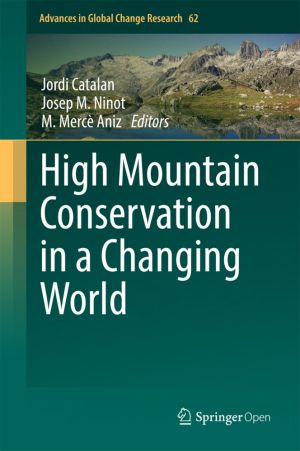
This book aims to provide case studies and a general view of the main processes involved in the ecosystem shifts occurring in the high mountains, and to analyse the implications for nature conservation. Although case studies from the Pyrenees are preponderant, conclusions are aimed at any mountain range surrounded by highly populated lowland areas....
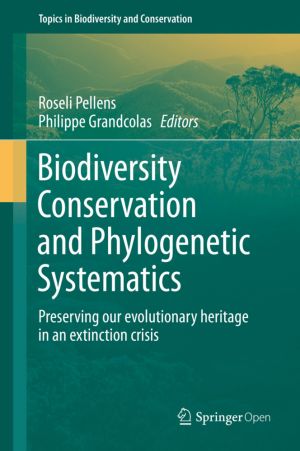
Phylogenetic diversity is now a key concept for biodiversity conservation due to its link to option value, evolutionary potential and to the possibility of guiding conservation across scales. Present facilities for obtaining molecular sequences and metagenomes are powering this research field, rendering available detailed information of phylogeneti...
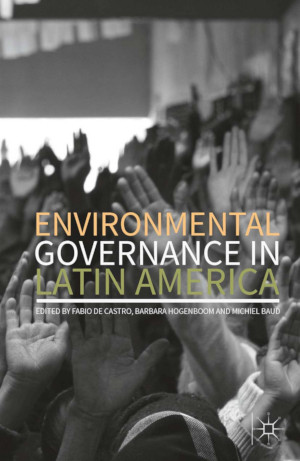
The multiple purposes of nature - livelihood for communities, revenues for states, commodities for companies, and biodiversity for conservationists - have turned environmental governance in Latin America into a highly contested arena. In such a resource-rich region, unequal power relations, conflicting priorities, and trade-offs among multiple goal...
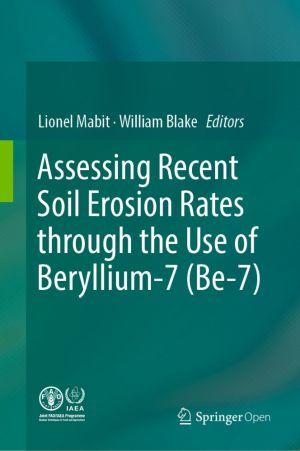
This book is the first comprehensive guideline for the beryllium-7 (Be-7) technique that can be applied to evaluate short-term patterns and budgets of soil redistribution in agricultural landscapes. While covering the fundamental and basic concepts of the approach, this book distinguishes itself from other publications by offering step-by-step inst...

This book presents a 'state of the science' synthesis of knowledge on the biodiversity of Angola, based on sources in peer-reviewed journals, in books and where appropriate, unpublished official reports. The book identifies Angola as one of the most biologically diverse countries in Africa, but notes that its fauna, flora, habitats and th...

Beginning with an overview of data and concepts developed in the EU-project HABIT-CHANGE, this book addresses the need for sharing knowledge and experience in the field of biodiversity conservation and climate change. There is an urgent need to build capacity in protected areas to monitor, assess, manage and report the effects of climate change and...
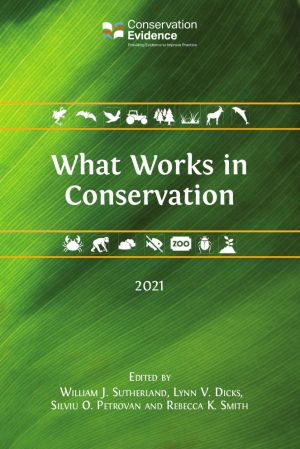
What Works in Conservation has been created to provide practitioners with answers to these and many other questions about practical conservation.
This book provides an assessment of the effectiveness of 2526 conservation interventions based on summarized scientific evidence. The 2021 edition containssubstantial new material on bat conservation, ...

This book identifies and discusses biodiversity's contribution to physical, mental and spiritual health and wellbeing. Furthermore, the book identifies the implications of this relationship for nature conservation, public health, landscape architecture and urban planning – and considers the opportunities of nature-based solutions for climate...
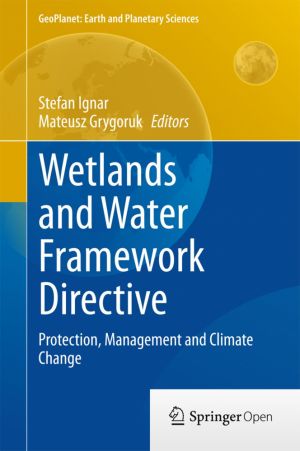
This book compares the lessons learned from a wetland-perspective approach to the changing climate and the requirements of the Water Framework Directive (WFD) with regard to environmental conservation. Examples from Germany and Poland are discussed due to the efficiency of their respective implementations of water conservation policies. Although th...
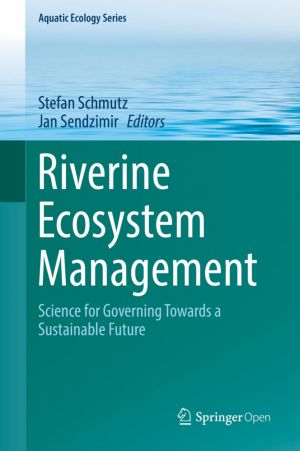
This book surveys the frontier of scientific river research and provides examples to guide management towards a sustainable future of riverine ecosystems. Principal structures and functions of the biogeosphere of rivers are explained; key threats are identified, and effective solutions for restoration and mitigation are provided. Rivers are among ...

This open access volume presents a comprehensive account of all aspects of biological invasions in South Africa, where research has been conducted over more than three decades, and where bold initiatives have been implemented in attempts to control invasions and to reduce their ecological, economic and social effects. It covers a broad range of the...
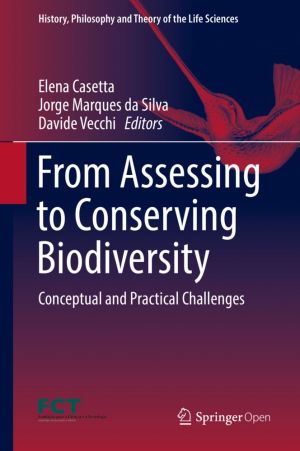
This book features essays written by philosophers, biologists, ecologists and conservation scientists facing the current biodiversity crisis. Despite increasing communication, accelerating policy and management responses, and notwithstanding improving ecosystem assessment and endangered species knowledge, conserving biodiversity continues to be mor...
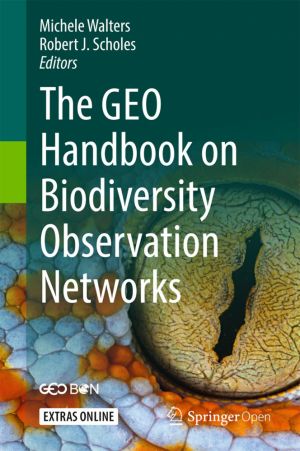
Biodiversity observation systems are almost everywhere inadequate to meet local, national and international (treaty) obligations. As a result of alarmingly rapid declines in biodiversity in the modern era, there is a strong, worldwide desire to upgrade our monitoring systems, but little clarity on what is actually needed and how it can be assembled...

Some European lands have been progressively alleviated of human pressures, particularly traditional agriculture in remote areas. This book proposes that this land abandonment can be seen as an opportunity to restore natural ecosystems via rewilding. We define rewilding as the passive management of ecological successions having in mind the long-term...

We are not free from environmental risks that accompany the development of human societies. Modern economic development has accelerated environmental pollution, caused loss of natural habitats, and modified landscapes. These environmental changes have impacted natural systems: water and heat circulation, nutrient cycling, and biodiversity. These ch...
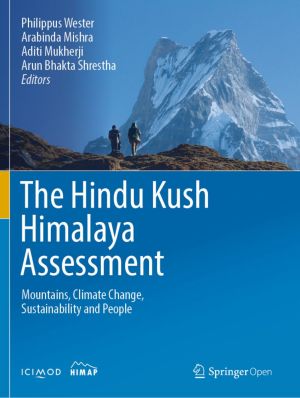
This open access volume is the first comprehensive assessment of the Hindu Kush Himalaya (HKH) region. It comprises important scientific research on the social, economic, and environmental pillars of sustainable mountain development and will serve as a basis for evidence-based decision-making to safeguard the environment and advance people's w...
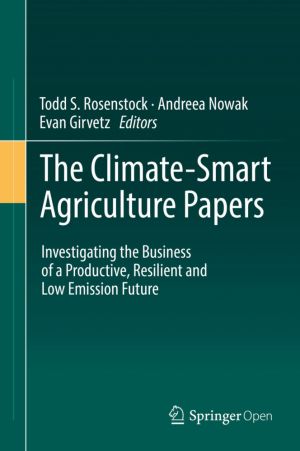
This volume shares new data relating to Climate-Smart Agriculture (CSA), with emphasis on experiences in Eastern and Southern Africa. The book is a collection of research by authors from over 30 institutions, spanning the public and private sectors, with specific knowledge on agricultural development in the region discussed. The material is assembl...

Offering key insights into critical debates on the construction, management and destruction of heritage in Muslim contexts, this volume considers how Islamic heritages are constructed through texts and practices which award heritage value. It examines how the monolithic representation of Islamic heritage (as a singular construct) can be enriched by...
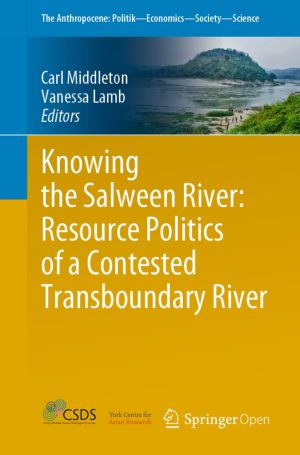
This book focuses on the Salween River, shared by China, Myanmar, and Thailand, that is increasingly at the heart of pressing regional development debates. The basin supports the livelihoods of over 10 million people, and within it there is great socio-economic, cultural and political diversity. The basin is witnessing intensifying dynamics of reso...

This book highlights Singapore's development into a city in which water and greenery, along with associated environmental, technical, social and political aspects have been harnessed and cultivated into a liveable sustainable way of life. It is also a story about a unique and thoroughgoing approach to large-scale and potentially transferable w...

Maritime or marine spatial planning has gained increasing prominence as an integrated, common-sense approach to promoting sustainable maritime development. A growing number of countries are engaged in preparing and implementing maritime spatial plans: however, questions are emerging from the growing body of MSP experience. How can maritime spatial ...

This book presents up-to-date information about museums and museology in present-day Asia, focusing on Japan, Mongolia, Myanmar, and Thailand.Asian countries today have developed or are developing their own museology and museums, which are not simple copies of European or North American models. This book provides readers with carefully chosen examp...

This book provides a unique overview of the impacts of railways on biodiversity, integrating the existing knowledge on the ecological effects of railways on wildlife, identifying major knowledge gaps and research directions and presenting the emerging field of railway ecology. The book is divided into two major parts: Part one offers a general revi...
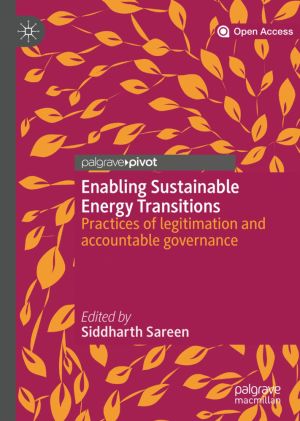
"This compact book argues that ideas about accountability and legitimation – drawn from work on environmental governance – can open up new analytical perspectives on what is holding back effective energy system transformation. With bite-size chapters and illustrative cases that draw on the work of five expert witnesses, this is a novel int...

This book summarizes peer-reviewed articles and the abstracts of oral and poster presentations given during the YOUMARES 9 conference which took place in Oldenburg, Germany, in September 2018. The aims of this book are to summarize state-of-the-art knowledge in marine sciences and to inspire scientists of all career stages in the development of fur...
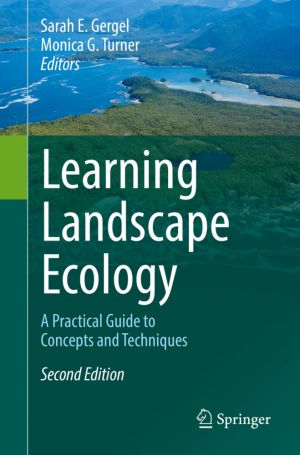
This title meets a great demand for training in spatial analysis tools accessible to a wide audience. Landscape ecology continues to grow as an exciting discipline with much to offer for solving pressing and emerging problems in environmental science. Much of the strength of landscape ecology lies in its ability to address challenges over large are...
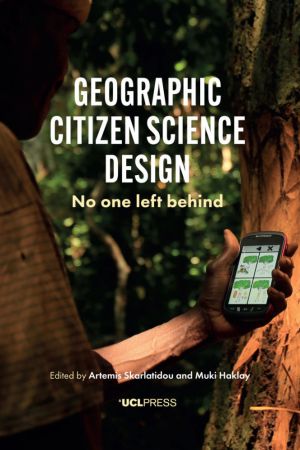
Little did Isaac Newton, Charles Darwin and other 'gentlemen scientists' know, when they were making their scientific discoveries, that some centuries later they would inspire a new field of scientific practice and innovation, called citizen science. The current growth and availability of citizen science projects and relevant applications...

In this edited open access book leading scholars from different disciplinary backgrounds wrestle with social science integration opportunities and challenges. This book explores the growing concern of how best to achieve effective integration of the social science disciplines as a means for furthering natural resource social science and environment...

The aim of this book is to review and analyse the goods and services of bivalve shellfish. How they are defined, what determines the ecological functions that are the basis for the goods and services, what controversies in the use of goods and services exist, and what is needed for sustainable exploitation of bivalves from the perspective of the va...

The first book of its kind, this work discusses the global extent of ranaviruses, principles of ranavirus ecology and evolution. The research included provides guidance on designing ranavirus surveillance studies to determine risk. Ranaviruses are are double-stranded DNA viruses that cause hemorrhagic disease in amphibians, reptiles, and fish. Rana...
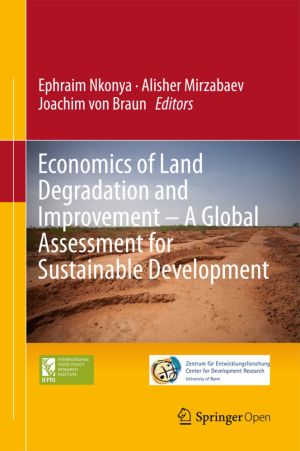
This volume deals with land degradation, which is occurring in almost all terrestrial biomes and agro-ecologies, in both low and high income countries and is stretching to about 30% of the total global land area. About three billion people reside in these degraded lands. However, the impact of land degradation is especially severe on livelihoods of...
